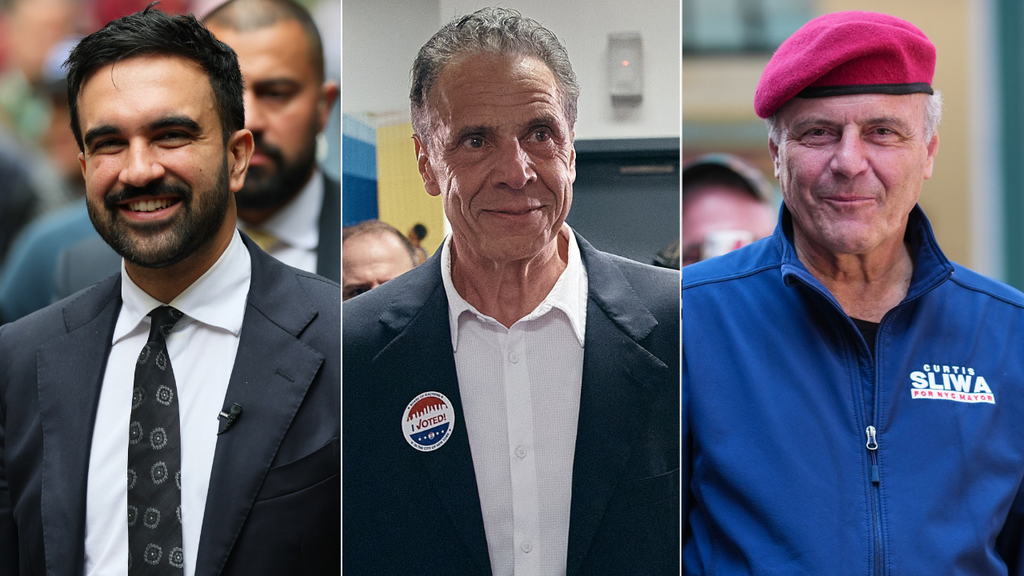The first debate among the candidates for the 2025 New York City mayoral election took place on October 25, 2023. Zohran Mamdani, Andrew Cuomo, and Curtis Sliwa engaged in a spirited exchange of ideas and policies as they seek to persuade voters ahead of the upcoming election.
The debate, hosted at a local university, provided a platform for the candidates to outline their visions for the city. Each candidate emphasized their unique strengths and proposed solutions to pressing issues facing New Yorkers, ranging from public safety to housing affordability.
Mamdani, a progressive candidate, focused on social justice initiatives, arguing that systemic change is necessary for a more equitable city. He highlighted his plans for affordable housing and community investment, stating, “We need to prioritize our neighborhoods and ensure that every New Yorker has a place to call home.”
In contrast, Cuomo, a former governor, drew on his extensive political experience. He aimed to reassure voters of his capability to manage the city’s challenges. “I have a track record of delivering results,” he asserted, emphasizing his previous work on public safety reforms and economic recovery. Cuomo’s approach resonated with voters seeking stability and experience in leadership.
Sliwa, the founder of the Guardian Angels and a perennial candidate, brought a different perspective to the discussion. He stressed the importance of public safety, advocating for increased police presence and community engagement. “We need to make our streets safe again,” Sliwa declared. His emphasis on crime reduction appealed to constituents concerned about safety in their neighborhoods.
As the candidates exchanged views, the debate illuminated the stark differences in their approaches. Issues such as crime, homelessness, and economic development dominated the conversation, reflecting the diverse concerns of New Yorkers.
Voter engagement remains crucial as the election approaches. According to a recent poll by the New York Times, nearly 60% of registered voters remain undecided about their choice of candidate. This statistic highlights the importance of debates in shaping public opinion and influencing voter decisions.
In the coming weeks, additional debates are scheduled, providing further opportunities for candidates to articulate their policies and connect with voters. As the race intensifies, the candidates will need to navigate the complex landscape of New York City politics and address the pressing needs of its residents.
The first debate set the stage for a dynamic election season, where each candidate will strive to capture the hearts and minds of New Yorkers. With early voting commencing in late October, the candidates face a critical period to solidify their messages and appeal to the electorate.






































































